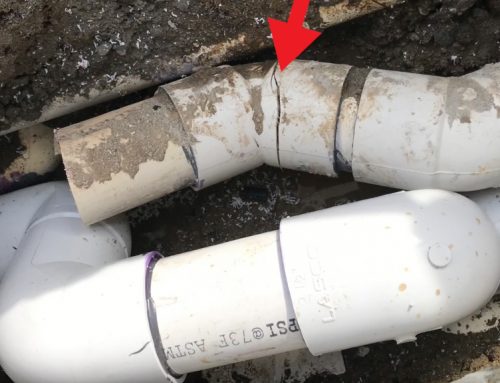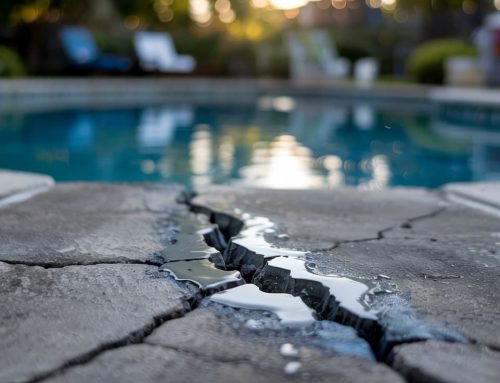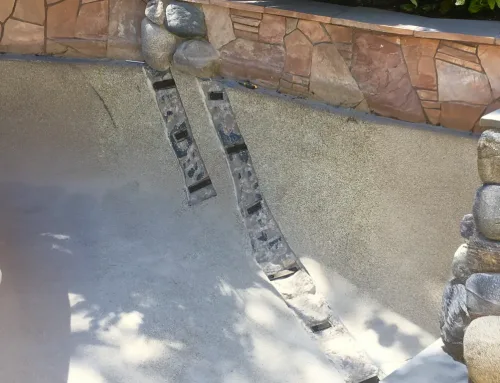As a manufacturer of high-quality structural staples, the Torque Lock team has heard the same thing over and over from our customers: “We can’t find good quality hydraulic cement for this project!” We launched the new Quick Lock Fast-Setting Hydraulic Cement by Torque Lock as a direct response to our customers’ need for high-quality hydraulic cement. Before we get into our newest addition, let’s break down what hydraulic cement actually is.
What is Hydraulic Cement?
Hydraulic cement is an inorganic compound that may react with water in the presence of oxygen to produce a hardened, water-resistant product. Hydraulic cement is a substance that seals concrete and masonry constructions against water and leaks. After combining it with water, it sets exceedingly quickly and hardens. In the construction industry, it is common for contractors to use Hydraulic cement to seal structures below ground level. It is also used in instances where structures may be harmed or immersed in water. Cement made of calcium silicates is the most prevalent.
What Makes Torque Lock’s New Hydraulic Cement So Useful?
Our customers are always complaining about not being able to source high-quality hydraulic cement for their repair projects. As a result, we decided to start manufacturing our own.
Torque Lock’s Quick Lock Hydraulic Cement works beautifully with Torque Lock Structural Staples. This new hydraulic cement product fills in the cracks between staples during structural repair of swimming pools, foundations, etc. It can cover the windows and set up very quickly in as little as ten minutes. For repair specialists, the fact that this product sets quickly is quite convenient for repair jobs.
Quick Lock Hydraulic Cement works perfectly in wet conditions and sets underwater easily. It is the perfect bonding product to use for water features such as swimming pools and fountains.
Once Torque Lock Structural Staples have been drilled in, installed, and torqued, Quick Lock Hydraulic Cement can then be used to cover the outside of the staple to lock it in and prevent any bleed out. Contractors can pack this product in and smooth it down accordingly. It all depends on whether or not they plastered the surface area of the repair.
To learn more about the Torque Lock structural staples installation process, check out this video.






